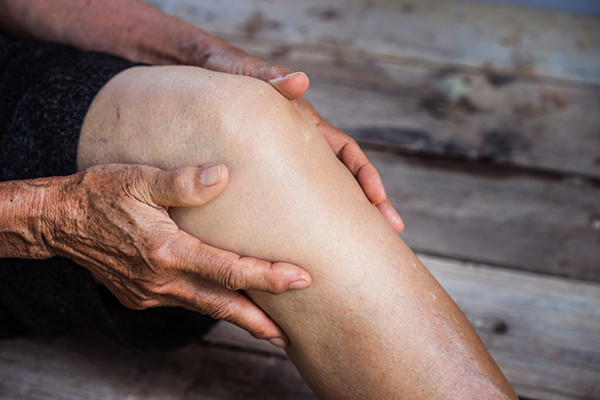September 28th, 2018

The knee is the likeliest joint to develop arthritis, and it can significantly impact your life. Activities you once participated in easily can suddenly be difficult and can cause significant pain. While knee replacement in Atlanta is one option for treating this issue, it's often one that people want to avoid if possible. So, if you're experiencing problems caused by arthritis in your knees and you want to avoid surgery, check out these 5 options.
Physical Therapy
This is often the first option that doctors will recommend when you begin experiencing issues from arthritis. Stretching and strengthening the muscles in the quads and hamstrings can take stress off the knee, help maintain proper alignment of the joint, and decrease the amount of pain you experience. Be sure to ask your doctor about this option.
Anti-Inflammatory Medications
Anti-inflammatory medications are frequently prescribed for individuals suffering from arthritis. This type of medication helps reduce the amount of swelling in the affected joint, which can help to reduce the amount of pain you feel in your arthritic knee or knees.
Ice
While you obviously can't apply ice continuously, this simple home remedy is always a good idea after any kind of strenuous physical activity. Icing your knees will help to reduce the amount of swelling post-exercise, so that you experience less pain and stiffness in the joints.

Injections
If combining the above 3 remedies does not significantly improve your pain and discomfort, the next option would likely be injections. There are 2 kinds of injections available for treating arthritis in the knees:
- 1. Steroid injections: These provide fast and effective results, but only last 4 weeks on average, so you'd likely need additional injections each month.
- 2. Anti-inflammatory injections: These injections are actually a combination of hyaluronic acid, natural lubricants, and anti-inflammatory agents. They can take a few weeks to start working, but once they do, they're highly effective, and the results last roughly 6 months.
Talk to your doctor to decide which type of injection might be right for you.
PRP Therapy
This is another form of injection, but it's still in its experimental stages. PRP therapy involves the injection of Platelet Rich Plasma (PRP) into the joint. The platelets are taken from your own blood, spun in a centrifuge to be separated, and then specific parts of the platelets are injected into the knee. While still in its early stages, several studies have shown this to be an effective option, so talk to your doctor to see if this might be an option for you.
If none of the above options helps to reduce your pain, talk to your doctor about arthritis and knee replacement surgery in Atlanta.
Back






